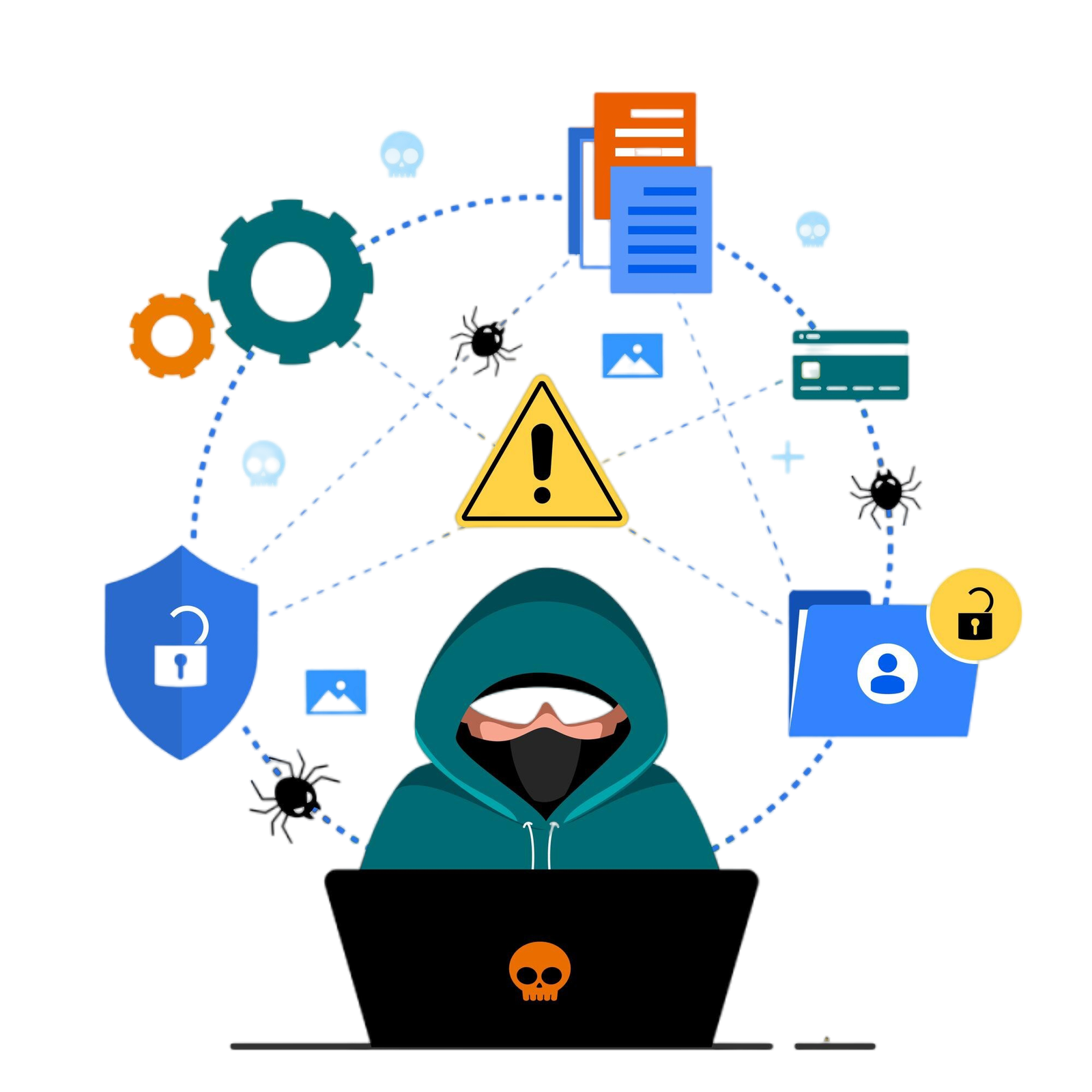
A detective is a professional who investigates crimes, gathers evidence, and helps solve cases. Detectives play a crucial role in law enforcement and criminal justice, working to uncover the truth behind criminal activities. The Detective Training Course in Vellore is designed to equip aspiring detectives with the necessary skills, knowledge, and hands-on experience required for effective investigative work.
Key Components of the Detective Training Course
Introduction to Detective Work
Role of Detectives: Overview of what detectives do, their responsibilities, and their place in the criminal justice system.
Types of Detectives: Differences between private detectives, police detectives, and federal investigators.
Historical Context
Evolution of Detective Work: Historical development from early sleuths to modern investigative methods.
Pioneering Figures: Influential detectives and their contributions, such as Allan Pinkerton, Auguste Dupin, and Sherlock Holmes.
Investigation Techniques
Crime Scene Management: Procedures for securing and documenting crime scenes.
Evidence Collection and Preservation: Methods for collecting, preserving, and analyzing physical evidence.
Forensic Science Basics: Introduction to forensic disciplines like fingerprint analysis, DNA profiling, and digital forensics.
Interviewing and Interrogation
Interview Techniques: Best practices for interviewing witnesses and victims.
Interrogation Strategies: Approaches to interrogating suspects, including ethical considerations and legal constraints.
Legal and Ethical Issues
Legal Framework: Understanding laws and regulations affecting detective work, including search and seizure, and Miranda rights.
Ethical Dilemmas: Common ethical issues and how detectives should address them, such as conflicts of interest and handling confidential information.
Detective Skills
Critical Thinking and Analysis: Techniques for analyzing evidence and forming theories.
Observation Skills: Importance of detail-oriented observation and its impact on solving cases.
Problem-Solving: Approaches to solving complex and challenging cases.
Technology in Modern Investigations
Digital Forensics: Techniques for investigating digital evidence, including computer and smartphone forensics.
Surveillance Technology: Use of modern surveillance tools, such as CCTV and GPS tracking.
Data Analysis: How data analytics and AI are used to identify patterns and solve cases.
Case Studies
Famous Cases: Examination of high-profile or landmark cases, including methods used to solve them.
Cold Cases: Strategies and challenges involved in investigating unsolved cases.
Detective Fiction and Media Influence
Impact of Fiction: How detective fiction influences public perception of detective work.
Media Portrayals: Analysis of how detectives are portrayed in films, television, and literature.
Training and Professional Development
Educational Requirements: Overview of necessary qualifications and training programs for detectives.
Continuing Education: Importance of ongoing training and staying updated with new techniques and technologies.
Current Trends and Future Directions
Emerging Trends: New trends in crime and investigation techniques.
Future Challenges: Anticipated changes in the field and how detectives are preparing for them.
Interdisciplinary Connections
Psychology and Criminal Profiling: How psychological principles are applied in criminal profiling and understanding criminal behavior.
Sociology and Crime: The relationship between social factors and crime patterns
The Detective Training Course in Vellore not only provides theoretical knowledge but also emphasizes practical, real-world applications. With expert trainers and hands-on case studies, participants gain valuable insights into the complexities of investigative work. This program is ideal for individuals looking to pursue a career in detective services, law enforcement, or private investigation, equipping them with the necessary expertise to excel in the field.
The Detective Training Course in Vellore is structured to provide a well-rounded education in investigative techniques, legal frameworks, and modern forensic technologies. By combining traditional investigative methods with cutting-edge advancements in surveillance, data analysis, and cyber forensics, the course prepares individuals to handle real-world criminal cases effectively. Whether you aspire to become a private investigator, law enforcement officer, or security consultant, this training equips you with the essential skills to navigate the evolving landscape of crime and justice. Participants will gain hands-on experience, expert mentorship, and industry-relevant knowledge, ensuring they are well-prepared to take on investigative challenges with confidence and precision.




